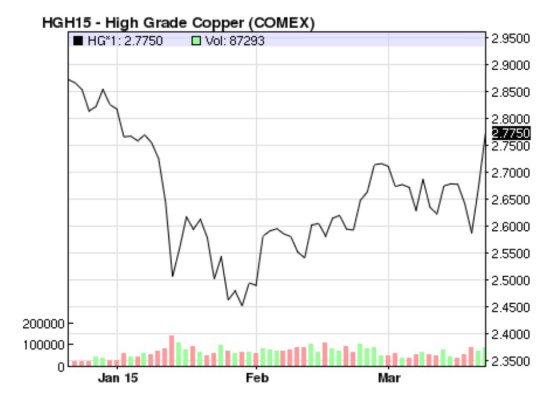Fermion
Give me a museum and I'll fill it. (Picasso) Give me a forum ...
That's the way mining companies roll. My early career was as a mining geologist, until one of the regular production downturns did me in. I also recall copper mining has been in the tank at least twice in my lifetime.
I am going to ride the next cycle down. I can't predict the bottom, but the top seems very easy to predict. Wait until a copper shortage and the price goes so high that people start get electrocuted again stealing wire. Wait about a year for the greed to cause overbuilding of mines. Short the $@#$ out of all of the miners. I won't miss it next time!


